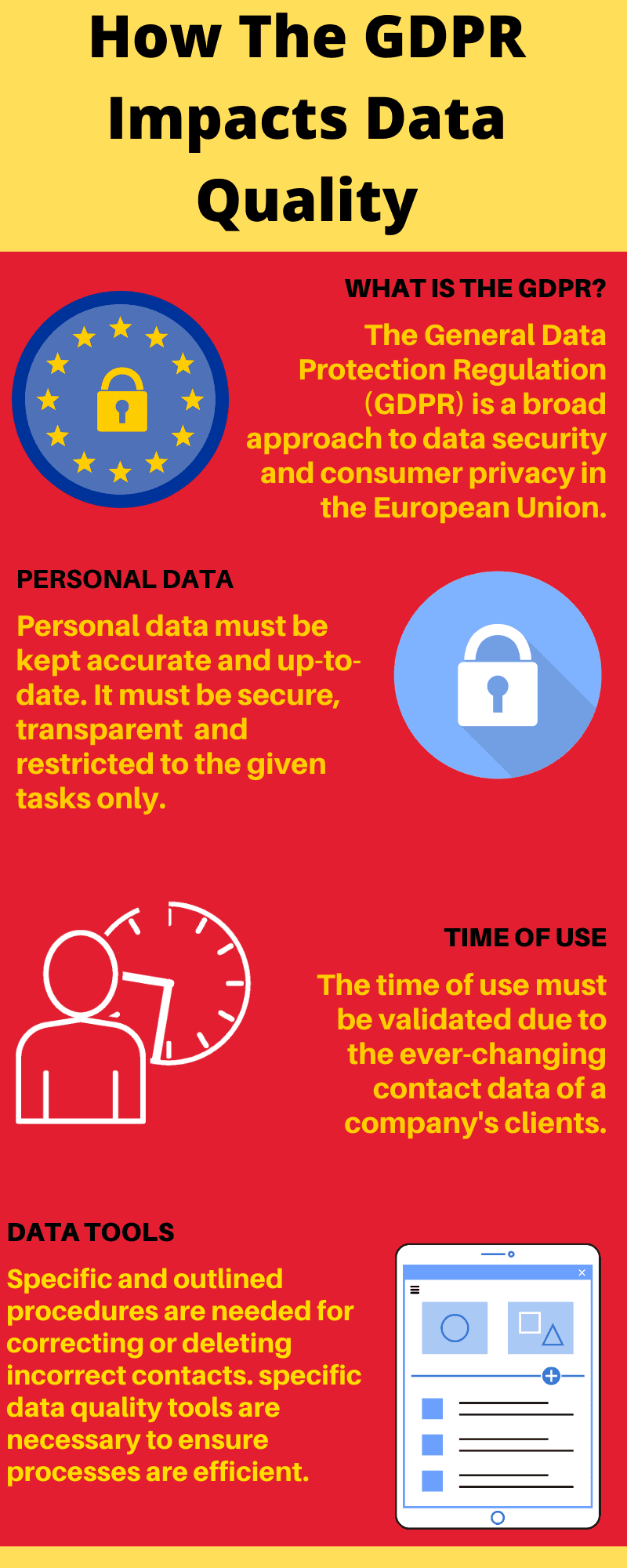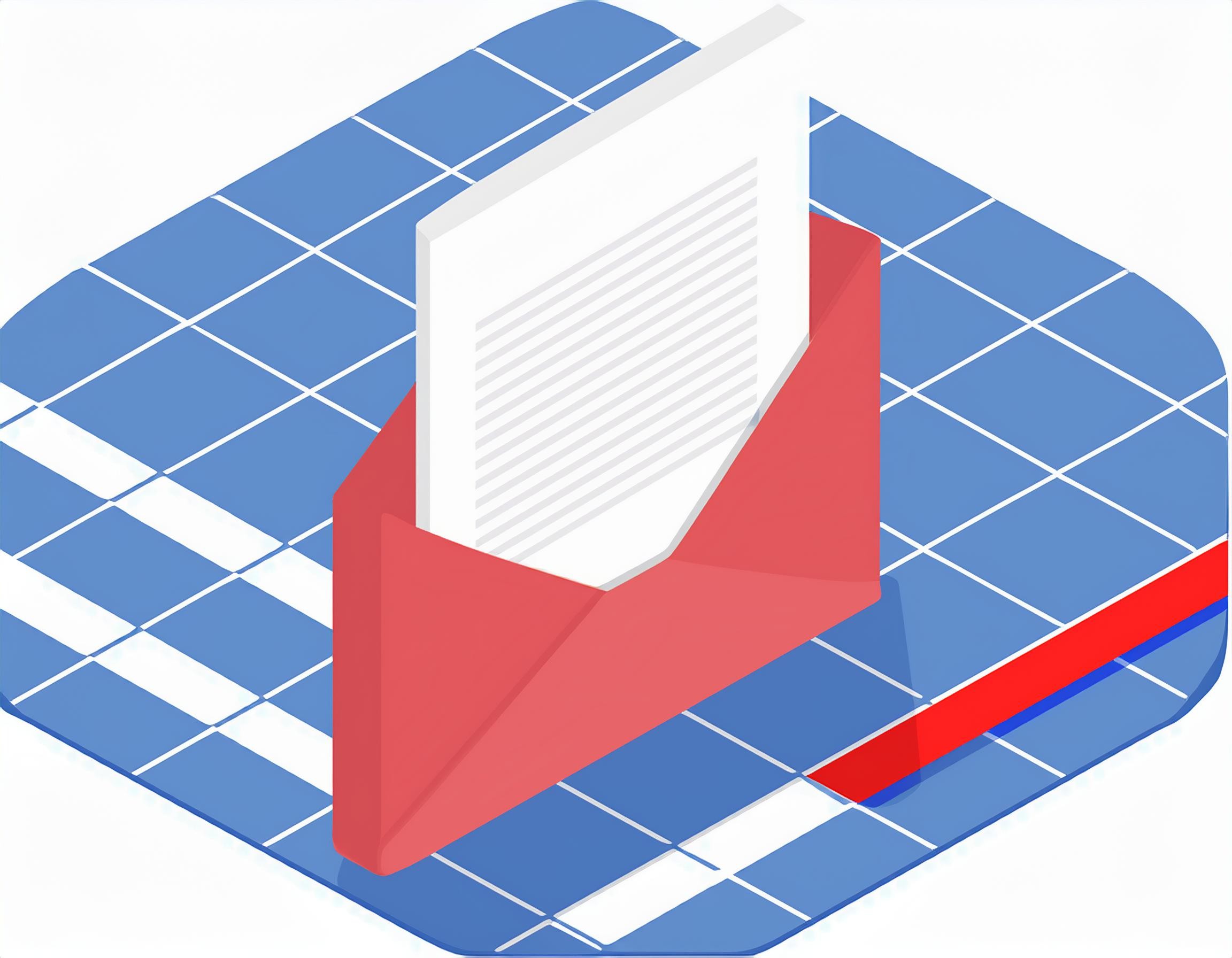How GDPR Influences Data Quality
3 MINUTE READ
The General Data Protection Regulation or GDPR was introduced in 2016 and came into effect in 2018. Ever since it was first mentioned, it was clear that it was going to make a lot of changes in the way companies handle data of the citizens of the EU. However, it also addressed personal data outside of the EU and EEA areas.
Overall, the GDPR is a regulation in the law of the European Union that deals with privacy and data protection in the EU area, as well as the European Economic Area. In essence, the GDPR is not merely a set of rules companies and organizations need to follow – it is an all-encompassing approach to data security and consumer privacy, the effects of which will be felt long into the future. On top of that, GDPR is likely to influence similar laws and guidelines across the globe, just as it has influenced the California Consumer Privacy Act. Having such far-reaching effects, the GDPR quickly became an interest and concern for organizations worldwide.
As there is still some confusion at how it affects data quality and data in general, we wanted to discuss the effects GDPR has on your organization. More specifically, we will cover the impact of Article 5, which deals with the principles relating to the processing of personal data.
GDPR Article 5 Explanations and Effects
Article 5 of the GDPR has only two main paragraphs and six subparagraphs. The key points that the article is trying to make involve the appropriate usage, security, and accuracy of consumer data. In essence, under Article 5, your organization is obligated to take any appropriate and reasonable measures to ensure that personal data is rectified or erased without postponement. This also applies to personal data that is inaccurate and connected to the purpose for which it is processed.
Additionally, you, as the controller of data, are responsible for the said data and must show compliance. You also have to be able to document that you are following the best practices for ensuring data quality. Under Article 5 and GDPR, the most important thing you have to do is the validation of the time of use. This is crucial because a large number of the contact data you keep can become obsolete in as little as a year. That’s because people change addresses, jobs, and other personal information.
In the end, you need to have specific and outlined procedures for correcting or deleting incorrect contacts. You will naturally have to use specific data quality tools to ensure that all processes are done efficiently and are error-free. The tools will have to include validation of emails, IPs, addresses, and leads.
Runner EDQ has the tools your organization needs to achieve GDPR and Article 5 compliance. Our collection of enterprise data quality solutions can assist you in managing the numerous and continuously changing profiles of your customers.







